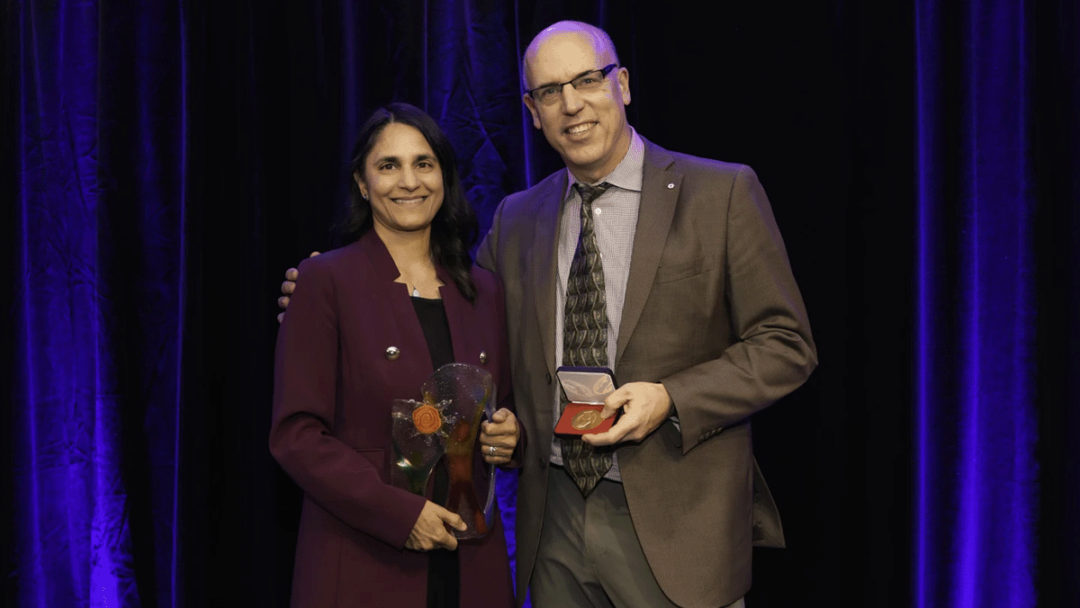The Annual Global Health Symposium launched this week – an innovative educational offering with a focus on the UN SDGs

 Launching this week for the first time since the COVID-19 pandemic, the annual Global Health Learning Symposium is taking place in Manipal, India at the Manipal Academy of Higher Education (MAHE) from April 17-29, 2023.
Launching this week for the first time since the COVID-19 pandemic, the annual Global Health Learning Symposium is taking place in Manipal, India at the Manipal Academy of Higher Education (MAHE) from April 17-29, 2023.
This year, innovating into the newest configuration of an in-person symposium plus an online option addresses concerns of equity and inclusion in ways that accommodate global concerns.
This new model for internationalization of higher education supports McMaster University’s institutional priority on Engaging Local, National, Indigenous, and Global Communities. Specifically, the dual offering of in-situ and virtual Symposium options aims “to expand community engaged and globally connected educational offerings, including enhancing the opportunities available in a virtual environment” (McMaster University, 2021, p. 14)[1].
Annually the symposium brings together over 350 students and 37 faculty from McMaster University and its partner institutions in the Netherlands, India, Colombia, Thailand, Norway, and Sudan.
Driven by educational innovation, the symposium uses multiple modalities such as learning pods, cluster interaction, and transcontinental faculty. Working in international teams, students engage in a system mapping exercise designed to introduce them to systems thinking while working in collaboration with a diversity of backgrounds, knowledge, and skills.
The online Symposium launched with an interactive “Snapshot Stories: Photovoice Introduction” activity to build community among the international participants. Alumni and McMaster faculty further welcomed students joining remotely from the greater Hamilton area, Colombia, the Netherlands, and South Sudan.
The in-person symposium kicked at MAHE with opening remarks by Thijs Teeling, Chair of the Global Health Advisory Board. Highlighting the importance of partnership within the field of global health, he emphasized that global solidarity and international collaboration are in keeping the world healthy and safe.
During both symposiums, in-person and online, students will work in multilingual, transdisciplinary, and transcontinental teams on a health system mapping project and present abstracts of their research focusing on the United Nations’ Sustainable Development Goals (SDGs). The objective is to provide students with an experiential international learning experience, receive feedback from peers and experts on individual research projects, network with fellow students, and critically learn about cultural diversity.
Simulating a scientific conference experience, students will formally present their thesis research proposals and scholarly paper abstracts and receive critical feedback from peers and faculty. Student presentations have been divided thematically using the SDGs and topics that range from mental health, maternal and child health, environmental health, one health, and infectious disease surveillance. This year, SDG 3 (Good Health and Well-Being), SDG 5 (Gender Equality), and SDG 10 (Reducing Inequalities) are among the top themes.
Throughout the concurrent symposiums, the importance of SDGs and internationalization are highlighted as students from around the world are able to share diverse and innovative perspectives on how to progress sustainability and equitably, both locally and globally.
[1] McMaster University. (2021). Institutional Priorities and Strategic Framework 2021-2024. McMaster University Office of the President. https://president.mcmaster.ca/app/uploads/2021/05/Institutional-Priorities-and-Strategic-Framework_FINAL_5May21.pdf
Global Health NewsRepublish this Article

We believe in the free flow of information. This work is licensed under a Creative Commons Attribution-No Derivs 2.5 Canada (CC BY-ND 2.5 CA), so you can republish our articles for free, online or in print.
All republished articles must be attributed in the following way and contain links to both the site and original article: “This article was first published on Mary Heersink Program in Global Health. Read the original article.”
Media Enquiries
- Phone
- (905) 525-9140 ext. 24073
- comms@mcmaster.ca
The Communications and Public Affairs Office is staffed from 8:30 a.m. to 4:30 p.m.
Monday to
Friday.
The University has a broadcast quality television studio to facilitate live and pre-recorded interviews with media. Learn more about our experts.
Related News
News Listing

Faculty of Health Sciences News ➚
Sonia Anand recognized with HRF Diversity & Equity in Research Award
Global Health News
5 hours ago

Health and Humanitarian Implications of War, Crises, and Conflict
Global Health News
November 11, 2024

